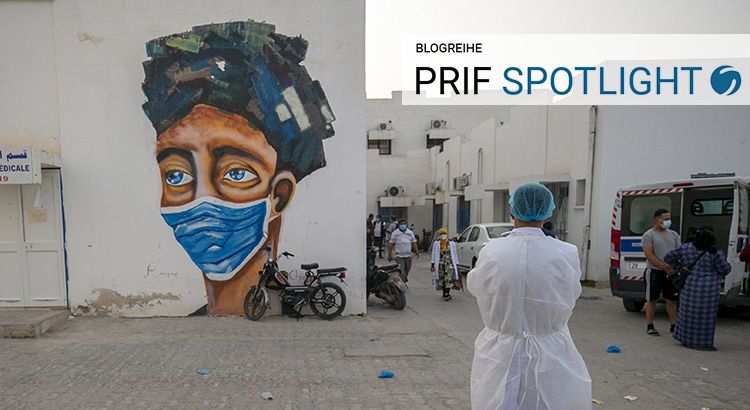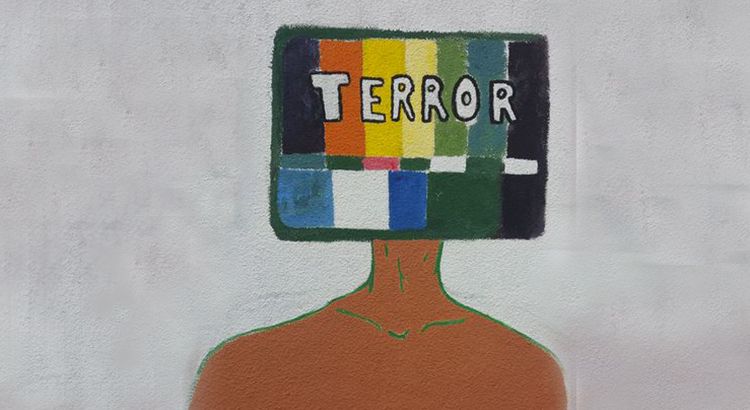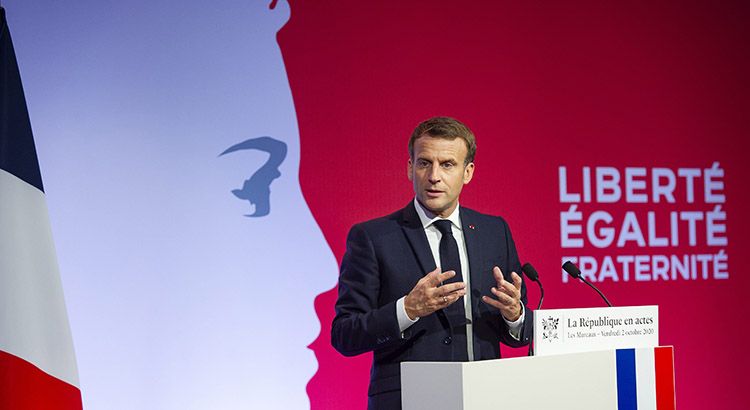Is the Worst Yet to Come? Consequences of the COVID-19 Crisis and its Management in the Maghreb
Soon after the global outbreak of the COVID-19 pandemic, concerns were raised about its potential to exacerbate violent extremism and radicalization. Based on the findings of a EuroMeSCo Policy Study and focusing on the Maghreb states, this Spotlight argues that while the pandemic undoubtedly had serious consequences, there is so far no empirical evidence of a direct “COVID effect” on the activities of violent extremists beyond references to the pandemic in propaganda. In light of this, the article makes the case for broadening the debate to also take more indirect aspects such as the states’ crisis management and the emerging socioeconomic consequences into account.



